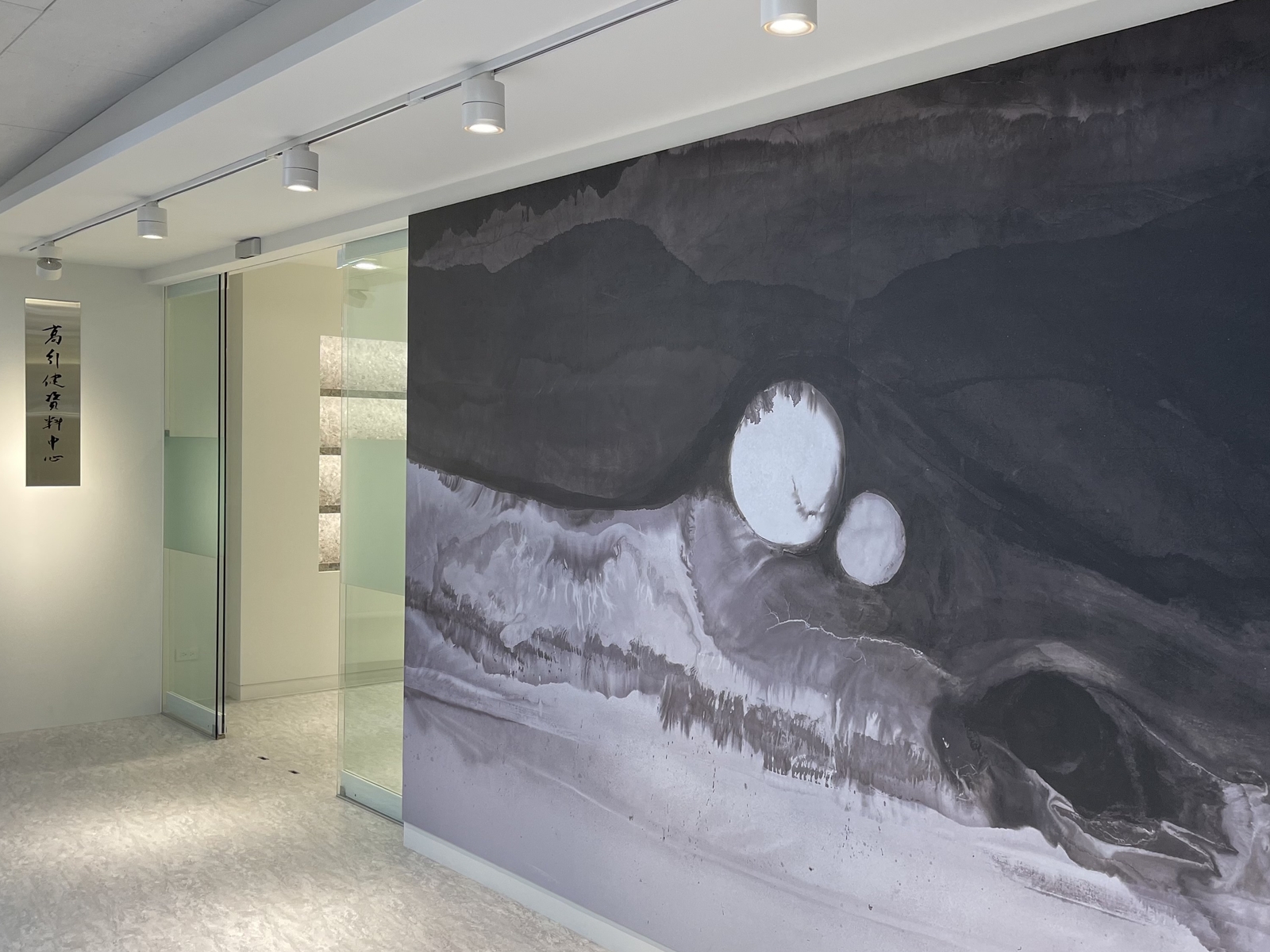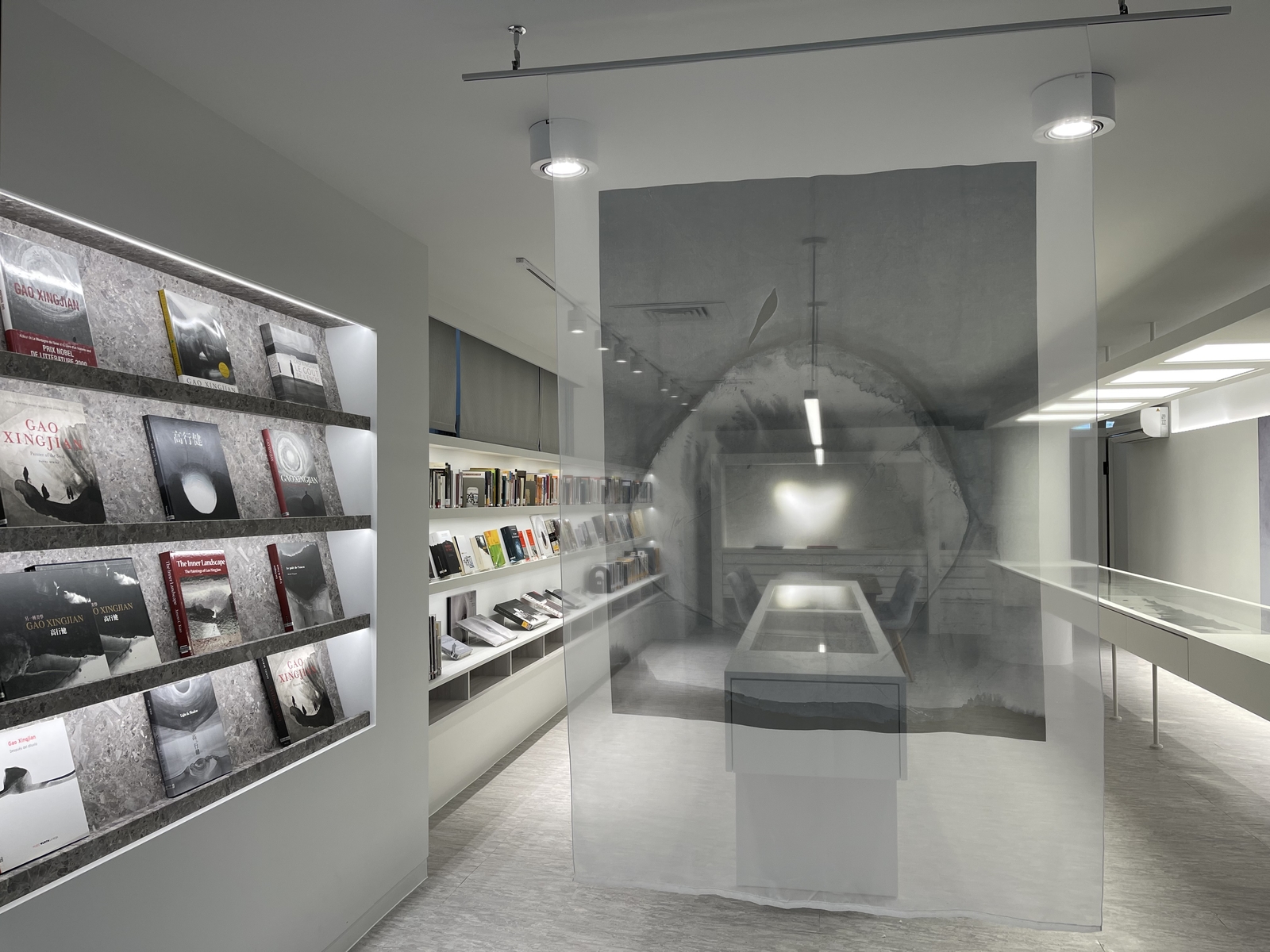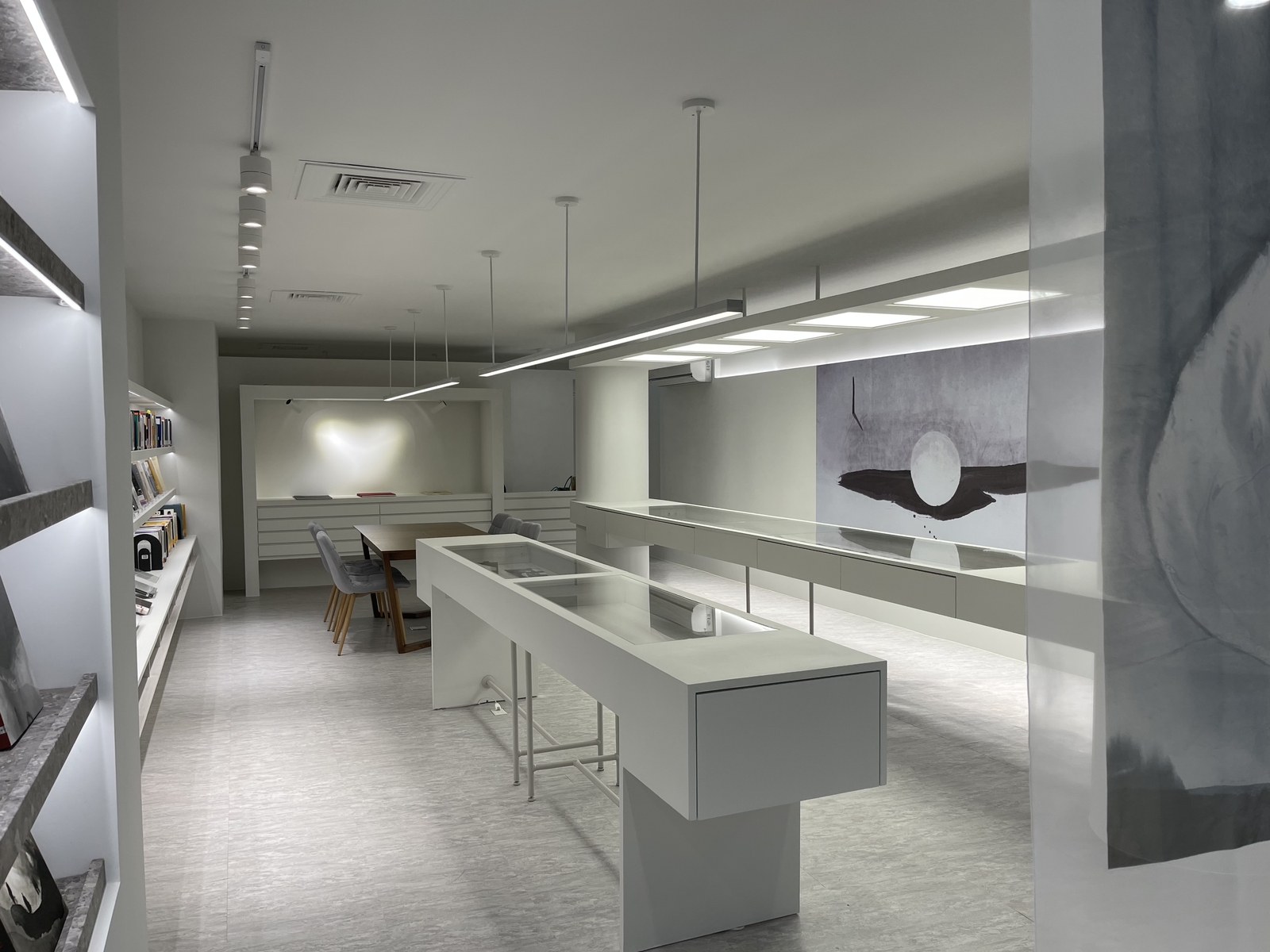
About the Center
Gao Xingjian, recipient of the 2000 Nobel Prize in Literature is an all-round artist who views Taiwan as his home and who has deep ties with National Taiwan Normal University (NTNU). In 2008, he accepted the invitation of President Gou Yih-shun to be an honorary chair professor of the university. In 2011, President Chang Kuo-En traveled to France to recruit him, and in 2012, Mr. Gao became a chair professor at the Graduate Institute of Performing Arts, teaching courses over many years. In 2017, he was also awarded an honorary doctorate in literature of the university in recognition of his exceptional achievements and outstanding contributions to society.
Since 2012, NTNU has worked closely with Professor Gao to organize a series of events and performances. For example, in 2012, the university organized the “Encounter Gao Xingjian at NTNU - Commemorating Visit of Nobel Laureate in Literature Gao Xingjian.” In 2014, NTNU co-organized the Taiwanese premiere of the cinematic poem Requiem for Beauty with the National Palace Museum, published the Requiem for Beauty art book, and opened the Xingjian Hall, a rehearsal classroom for the Graduate Institute of Performing Arts donated and unveiled by Professor Gao himself. In 2017, NTNU held the “Gao Xingjian Art Festival” and received his ink wash painting The Thinker. In 2019, NTNU held “Gao Xingjian Week” and launched courses such as “The Literature and Art of Gao Xingjian” and “Studies on Plays of Gao Xingjian.” The Graduate Institute of Performing Arts has performed some of his classic works, including the world premiere of the Mandarin version of Nocturnal Wanderer (2012), the extravagant rock-and-roll musical Mountains and Seas (2013, 2017), the dance theater Soul Mountain (2016, 2017), the monologue Soliloquy (2019), and the university repertory production Soliloquy on Soul Mountain (2019).
The year 2020 marked Professor Gao’s 10th year as an NTNU chair professor. Professor Gao was kind enough to donate various manuscripts and relevant books to NTNU, and so, to highlight the university’s academic connection with Professor Gao and promote research on Gao Xingjian’s work, NTNU established the Gao Xingjian Center on the 6th floor of the NTNU Library to store his works, documents, and relevant research materials. Through its advantages and characteristics in the field of arts and humanities, as well as interdisciplinary collaboration between the College of Liberal Arts, College of Arts, and College of Music, NTNU hopes to become an important center of research for Gao Xingjian’s works in the Chinese-speaking world.
360° Panorama of the Center





Opening Hours
TUE 14:00-17:00
WED 09:00-12:00
THU 14:00-17:00
Reservations are required for guided visits or collections reading on weekday closed hours.
For Reservation, please fill up the online google form, or email to perform@ntnu.edu.tw.
Gao Xingjian Center Patron Guidelines
Passed during the Library Affairs Meeting held on December 10, 2020
I. The NTNU Gao Xingjian Center (hereinafter referred to as the "Center") has formulated these guidelines (hereinafter the "Guidelines") to provide readers with access to books and materials related to Mr. Gao Xingjian's works. The use of the Center, in addition to following rules and regulations of the National Taiwan Normal University Library (hereinafter referred to as "the Library"), shall follow the Guidelines.
II. The opening hours of the Center will be announced separately. During opening hours, readers will be able to access the special collections and browse the exhibits.
III. Generally, books and materials that are a part of the Center’s special collection shall only be perused at the Center.
IV. The desks and chairs in the Center are only to be used to read books and materials of the Center’s collection.
V. Readers should take care of the Center’s collection and various equipment. The Center shall require compensation to be paid, and impose other disciplinary penalties pursuant to Library regulations established elsewhere, for any defacement, damage, or improper removal of materials.
VI. These Guidelines were implemented upon approval in the Library Affairs Meeting. The same shall apply to all subsequent amendments.